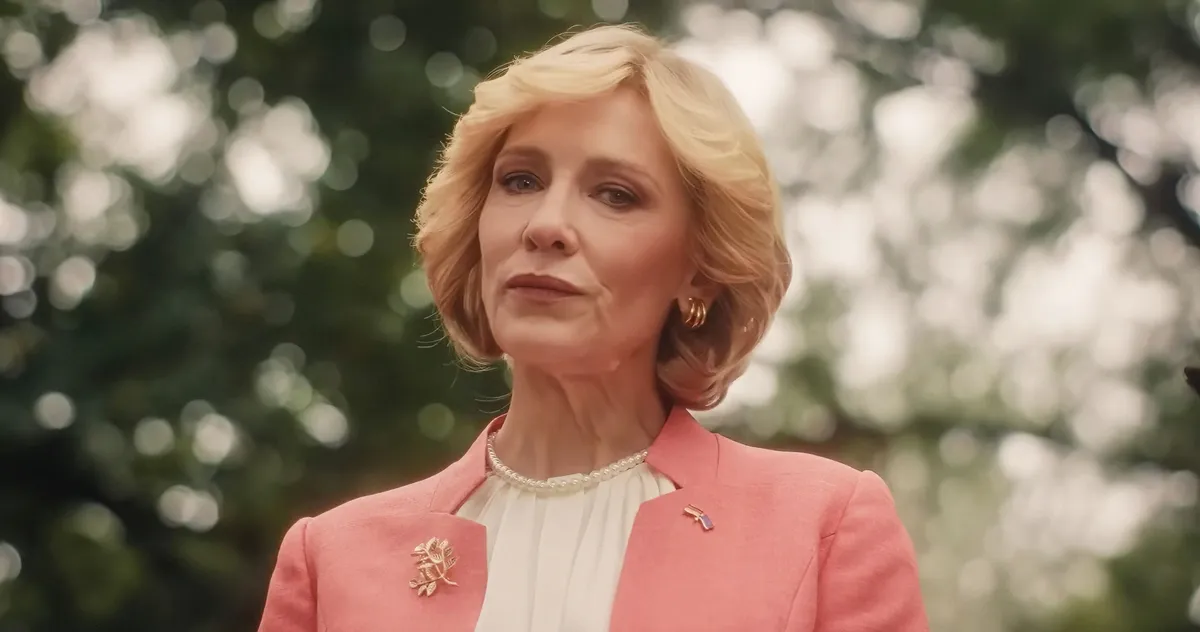Cate Blanchett’s Acting Philosophy

(Cate Blanchett)
Cate Blanchett is widely regarded as one of the most versatile and dynamic actors of her generation. Throughout her career, she has captivated audiences with her ability to embody a wide range of characters, from the powerful Queen Elizabeth I in Elizabeth (1998) to the complex, morally ambiguous character of Carol in Carol (2015). Blanchett’s approach to acting is deeply thoughtful, rooted in a combination of intellectual rigor, emotional depth, and an unwavering commitment to the truth of the character. Below is an exploration of Cate Blanchett’s acting philosophy, along with insights from the actress herself.
1. Embracing Fear and Uncertainty
Blanchett has often spoken about the importance of embracing fear and uncertainty in her work. For her, acting is not about being in control, but about surrendering to the unknown. She believes that actors must be willing to step outside their comfort zones and face their vulnerabilities. In an interview with The Guardian, she explained:
“I don’t think fear is something you should try to eradicate, because that’s where the magic happens. The unknown, the not knowing, that’s where all the interesting things are.”
Blanchett embraces this sense of uncertainty, as it allows her to explore new dimensions in her performances. Rather than trying to control her character, she allows herself to discover them as she works, keeping the process organic and alive.
2. The Importance of Emotional Authenticity
One of the defining features of Blanchett’s acting style is her commitment to emotional authenticity. She believes that true acting is about being deeply connected to the emotions of the character and allowing that to come through in every scene. In her own words:
“I think the work of an actor is to be truthful in an imaginary situation. And that’s what acting is. It’s living truthfully in imaginary circumstances.”
Blanchett’s ability to tap into raw, often unspoken emotions, and make them feel real is what sets her apart. Whether she’s playing a scheming aristocrat or a complex mother, her authenticity allows audiences to relate to her characters on a profound level.
3. The Joy of Transformation
Blanchett is known for her transformative performances. She doesn’t shy away from changing her physicality, appearance, or voice to become her character. She sees acting as an opportunity to fully immerse herself in someone else’s life, rather than simply performing. For her, transformation is an essential part of the craft. She remarked in an interview with The New York Times:
“I think the most thrilling thing is the opportunity to put on someone else’s skin, to inhabit someone else’s world. That’s where the freedom lies.”
Her willingness to transform physically, emotionally, and mentally for a role has earned her critical acclaim in everything from Blue Jasmine (2013), for which she won an Academy Award, to Thor: Ragnarok (2017), where she played the villainous Hela with stunning confidence.
4. Collaboration and Trust
Blanchett values collaboration in her work. She believes that acting is never a solitary endeavor but rather a team effort involving directors, fellow actors, and the entire crew. She views the relationship between an actor and a director as one of mutual trust. In a conversation with Vanity Fair, she said:
“Acting is an incredibly collaborative process. It’s a dialogue, not just with the director, but with the rest of the cast, with the audience. And it’s always about building trust.”
Blanchett’s ability to trust her collaborators and allow the material to breathe and evolve is one of the reasons why she has worked with some of the world’s most renowned directors, from Peter Jackson in The Lord of the Rings trilogy to Todd Haynes in Carol.
5. Remaining Curious and Open
Another hallmark of Blanchett’s philosophy is her insatiable curiosity. She is constantly seeking new experiences and is never content to rest on her laurels. Whether she’s working in theater or film, Blanchett approaches every project with the same eagerness to learn and grow. She explained:
“You can never stop learning. That’s the great thing about acting: you get to be constantly surprised.”
This curiosity fuels her versatility as an actress, allowing her to bring something fresh and exciting to every role she takes on. Her willingness to embrace a variety of genres—from fantasy epics to intimate dramas—demonstrates her belief that acting should be a lifelong pursuit of discovery.
6. Empathy and the Human Experience
At the core of Blanchett’s acting philosophy is a deep empathy for the characters she portrays. She believes that every character, no matter how flawed, has something to teach the audience about the human experience. She shared this sentiment in an interview with The Guardian:
“I think the best roles are the ones where you have to empathize with someone who’s not like you at all. It’s about embracing humanity in all its complexity.”
Her ability to empathize with a wide range of characters—often deeply conflicted or troubled—allows her to portray them with profound sensitivity and nuance, making her performances resonate with audiences on an emotional level.
Conclusion
Cate Blanchett’s acting philosophy is characterized by authenticity, a willingness to transform, and a commitment to emotional truth. Her belief in the power of fear and uncertainty, the importance of collaboration, and the constant pursuit of growth has made her one of the most respected and versatile actors of her generation. Through her work, Blanchett continues to demonstrate that acting is not just about playing a role, but about fully inhabiting the human experience in all its complexity.
Her words and approach remind aspiring actors and audiences alike that great performances stem from truth, vulnerability, and the willingness to explore new boundaries.




